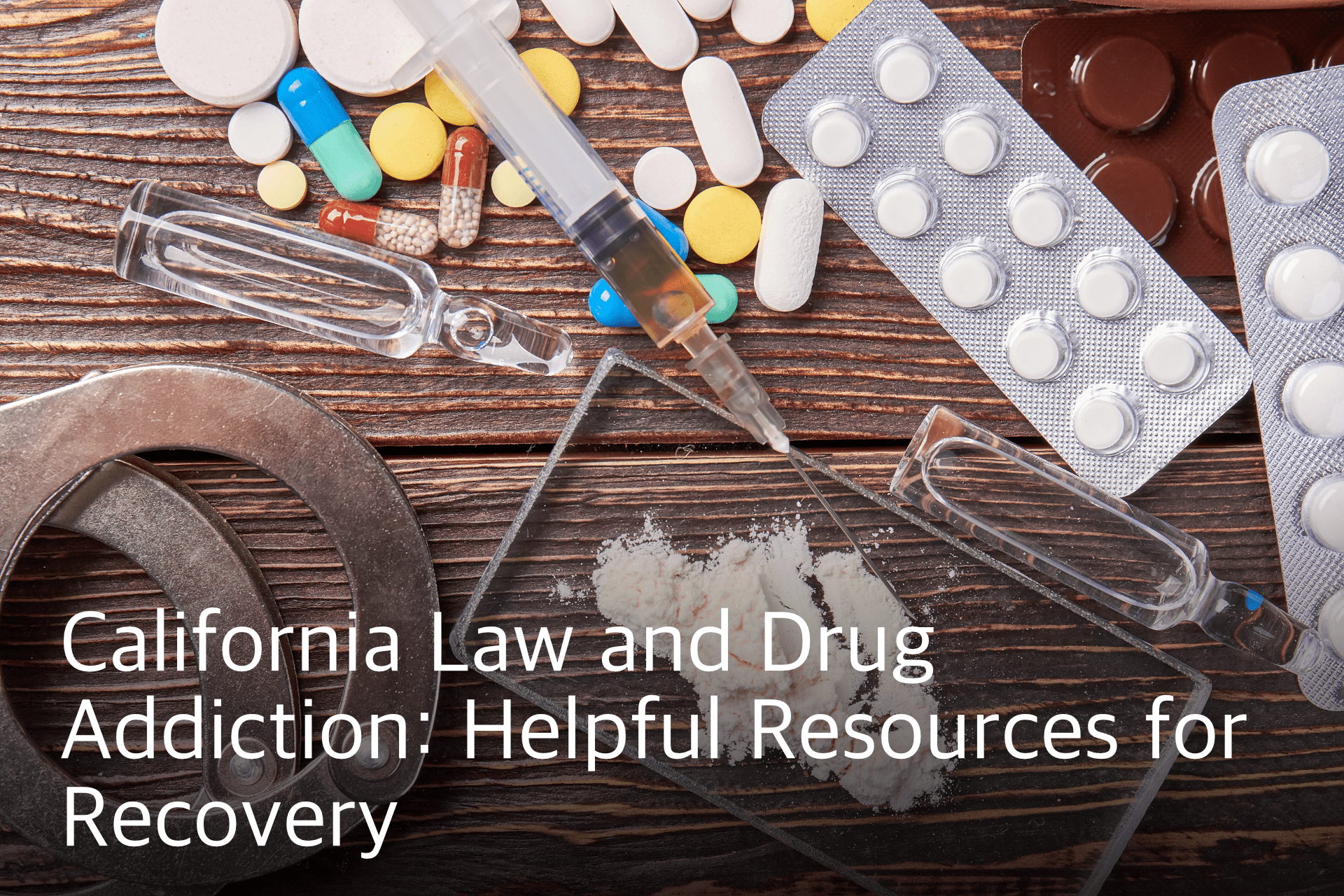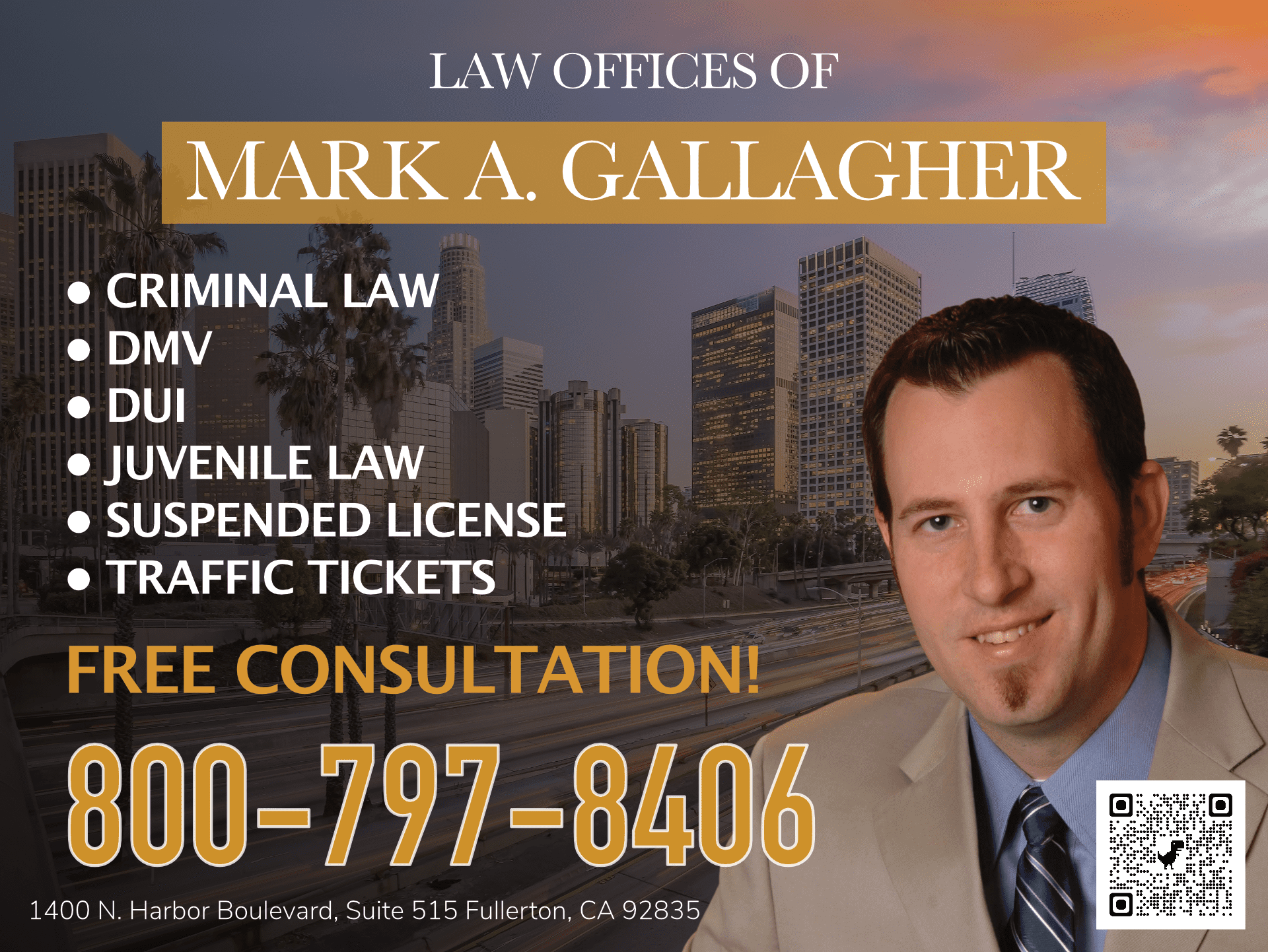California Law and Drug Addiction
I. Intro
Let’s explore California law and drug addiction and why a lawyer is crucial to anyone facing drug charges, not only from a legal perspective, but from a human perspective. But first, a brief introduction….
II. Hello, My Name is….and I’m a Drug Addict…
Before becoming the digital media marketing manager (or DM Cubed as I like to call myself) at the Law Offices of Mark A. Gallagher, I was a drug addict. Before becoming a drug addict, I was an alcoholic. And before having my first sip of alcohol, I was a 15-year-old high school kid with dreams and ambition.
Now at 34, I’m 1 year, 6 months, and 15 days sober working at a law firm, updating and maintaining the blog in which this very post will reside. Before getting sober, I had a meth habit that extended for nearly 3 years. When I first started using in late 2016, it was just a weekend indulgence. It was (and continues to be) readily available in the gay scene – scratch that – in MANY scenes from Los Angeles to Palm Springs and everywhere in between.
It became so commonplace that the fact that I was using hard drugs didn’t faze me. Eventually it took over my life and my weekend habit turned into a daily habit for nearly 2 years. Despite the disastrous turn that my life had taken, I had an exceptional support system that stood by me and eventually, I stopped using and got myself back on track. I was incredibly fortunate that I never caught a drug charge, but the reality is, that most people aren’t as lucky.
III. California Drug Law and Typical Defenses
Let’s dive into a few legal details regarding California drug law: Until the fairly recent passage of Prop 47, simple drug possession of meth, cocaine, heroin, oxy, MDMA, and other drugs was a felony offense that carried up to 3 years in prison. When Prop 47 reduced simple possession to a misdemeanor, there was a large section of law enforcement and California criminal prosecution units that disagreed with this reduction. Many “hardliners” in drug enforcement feel that treatment is useless and the only way to stop a drug problem is with time in prison. As a former user, I whole heartedly disagree with this school of thought.
Due to this conflict, defense attorneys in California have seen a huge increase in the number of low level sales charges being filed. Everyone is in agreement that someone running a full scale commercial enterprise is good for a sales charge, but since the passage of Prop 47, it is much more common to see arrests or even criminal filings for sales on cases that really are nothing more than a glorified possession.
For example possession of a small quantity of drugs with a cell phone and cash will often lead to a sales charge. Law enforcement’s argument is that the cash and the cell phone are indications of sales. While it’s true that dealers will often carry cash from drug sales and cell phones CAN be used to make drug transactions, it’s also true that an addict will often carry a cell phone and cash as well.
However, more likely indications of sales would include a scale, baggies, a “pay/owe sheet” or drugs possessed in pre-weighed quantities (ie. 3 1-gram bags of coke as opposed to 1 3-gram bag). California prosecution units are well aware that possession will usually result in a short jail sentence with treatment, while a sales charge can result in lengthy prison terms. Here is a quick look at what could be on the line:
HS 11378 Meth Possession for sales
No diversion or treatment programs available
HS 11352 Cocaine Possession for sales
No diversion or treatment programs available
A good criminal defense lawyer can help get an overblown possession charge that is filed as sales reduced or dismissed. This can be done through plea bargaining or through litigation. In litigation, it is helpful to also use a narcotics expert to testify for the defense; a narcotics expert can testify to the large quantities of drugs that be consumed by an addict. For example, a gram may be enough for 5 new users to get high, but it may not be enough to get a serious addict high due to the development of tolerance over time.
If the prosecution argues that having 3 grams of a controlled substance in 3 1-gram bags is a sign that the person holding the drugs intends to sell them, consider turning this argument around: If a drug seller packages drugs this way and a USER wants to buy 3 grams of drugs to support his or her habit, that USER would be buying 3 1-gram bags. If the USER is then caught in possession of 3 1-grams bags, that does not make him or her a dealer. The same argument can be applied to a scale, as addicts will often carry a scale to weigh their purchases to make sure they are actually getting what they paid for.
IV. How a Lawyer Can Increase Someone’s Chance of Sobriety
An experienced criminal defense lawyer can help increase your chances of success when facing a drug charge by helping you navigate the court process. Working together as a team with your lawyer starts with honest communication. Because all communication with your lawyer is confidential, there is no need to “convince your lawyer” you are sober, or to lie to your lawyer if you are struggling with sobriety.
If a client tells her lawyer that she is struggling with an addiction, a smart criminal defense lawyer would have his client do a voluntary enrollment in the drug treatment program BEFORE the court makes the order. By doing this, the client has the opportunity to benefit from the program but she can not be punished if she fails or relapses. In the meantime, the lawyer can continue the case in court until both client and lawyer are confident that the client is ready for success.
Once the addiction is under control, the court case can be resolved and formal court ordered treatment can begin with a much greater chance of success. Generally, a client who is a first or second-time non-violent offender is eligible for drug diversion instead of jail time.
There are 3 drug diversion programs in California: Proposition 36 (treatment length: up to 12 months), Penal Code 1000 PC (treatment length: 12 months – 18 months), and California drug court (treatment length varies; 9 months – 3 years). If a dismissal of meth charges seems unlikely, a plea bargain that includes one of the aforementioned rehabilitation programs can help the charges be dismissed once the program is completed.
By entering a drug diversion program, our clients must adhere to certain requirements set forth by the type of program they enter. Some of those requirements may include individual and group counseling, drug education, drug testing, and even education and vocational counseling. The programs also include graduated sanctions and rewards as well as close court monitoring and supervision of progress.
Additionally, Los Angeles County has specialty court programs based on specialty drug court models; these specialty courts include Co-Occuring Disorders Court, Homeless Alternative (HALO) Mental Health Court, Project S.T.A.R., Veteran’s Court, and Women’s Reentry Court. Studies have shown that graduates of these programs have a substantially lower chance of re-arrest and re-convictions, decreased rates of homelessness, and significantly higher rates of employment and school attendance.
The circumstances surrounding our drug charge cases are always different, but the outcome of those cases tends to center around the rehabilitation of our client. When you provide some sort of rehabilitation program for an addict, it can provide them with a lifeline to a better life. No, drug diversion programs aren’t a miracle cure and no, they’re not flawless, but rehabilitation in any form will always be better than incarceration.
If you or a family member is facing a drug charge and you’d like our help, please call us at 800-797-8406 or send us a message below. You can also CLICK HERE for additional contact information. For further information on drug addiction, go to https://www.drugabuse.gov/publications/drugfacts/understanding-drug-use-addiction. For further resources on drug treatment, go to https://www.samhsa.gov/find-help/national-helpline.








